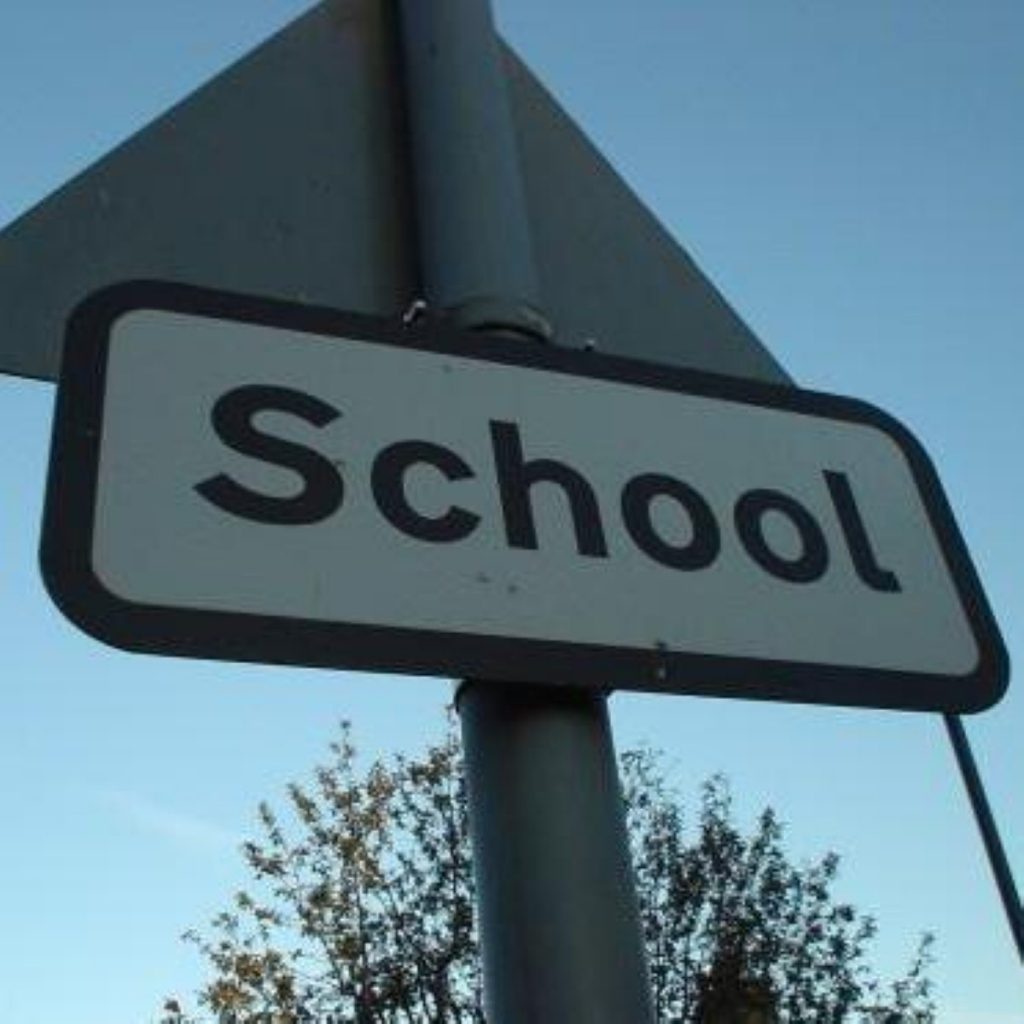Ministers ‘must not undermine’ GCSE results
By Phil ScullionFollow @PhilScullion
Labour shadow minister Andy Burnham has warned the government off "undermining" the achievements of young people receiving GCSE results by focusing only on the English Baccalaureate.
Whilst the shadow education secretary said that today's GCSE results "reflect well" on young people, teachers and schools, he also warned that the government risks "restricting" students with the EBac.
The EBac system places emphasis on traditional core subjects such as maths, English, science, a modern language and either history or geography by measuring how many students receive A-C grades in these topics.


Mr Burnham said: "These results show young people are making sensible choices to prepare them for the modern world, with big increases in the sciences, religious studies and economics.
"Ministers should listen to the education select committee and introduce more flexibility and choice into the English Baccalaureate.
"Otherwise, they risk restricting student choice and penalising young people whose strengths and interest lies in the arts, music, ICT, engineering, business and economics."
Trends for subjects selected at GCSE level were released today and showed a slight decline in modern foreign languages, history and geography, despite the fact that these are all specified EBac subjects.
Nick Gibb, schools minister, said: "While it is encouraging to see the rising uptake in maths and single sciences, it is worrying that once again there are falling numbers studying languages.
"Through the English Baccalaureate, we want to make sure all pupils have the chance to study the core academic subjects which universities and employers demand."
Today's results also showed a growing disparity between the results of boys and girls.
The number of boys achieving top grades was 19.8%, compared to 26.5% of girls. Last year the gap was six per cent, but this year it is up to 6.7%.
Jim Sinclair, director of the Joint Council for Qualifications, said that the growing divide in the performances of girls and boys was a "worrying trend".
In an improvement on last year though 69.8% of all GCSE entries were awarded at least a C, which is the 23rd straight increase on the total.
Almost one in four GCSE papers gained an A or A* grade, which is also an increase on last year.
Despite this Chris Keates, general secretary of NASUWT teaching union, criticised the "betrayal" of young people by the government.
She said: "In just over 12 months, this government has stripped away many of the opportunities available.
"Apprenticeships have been slashed, financial support axed through the abolition of the education maintenance allowance, youth unemployment has soared and university places cut.
"The coalition has ripped up the social contract between the state and young people."












